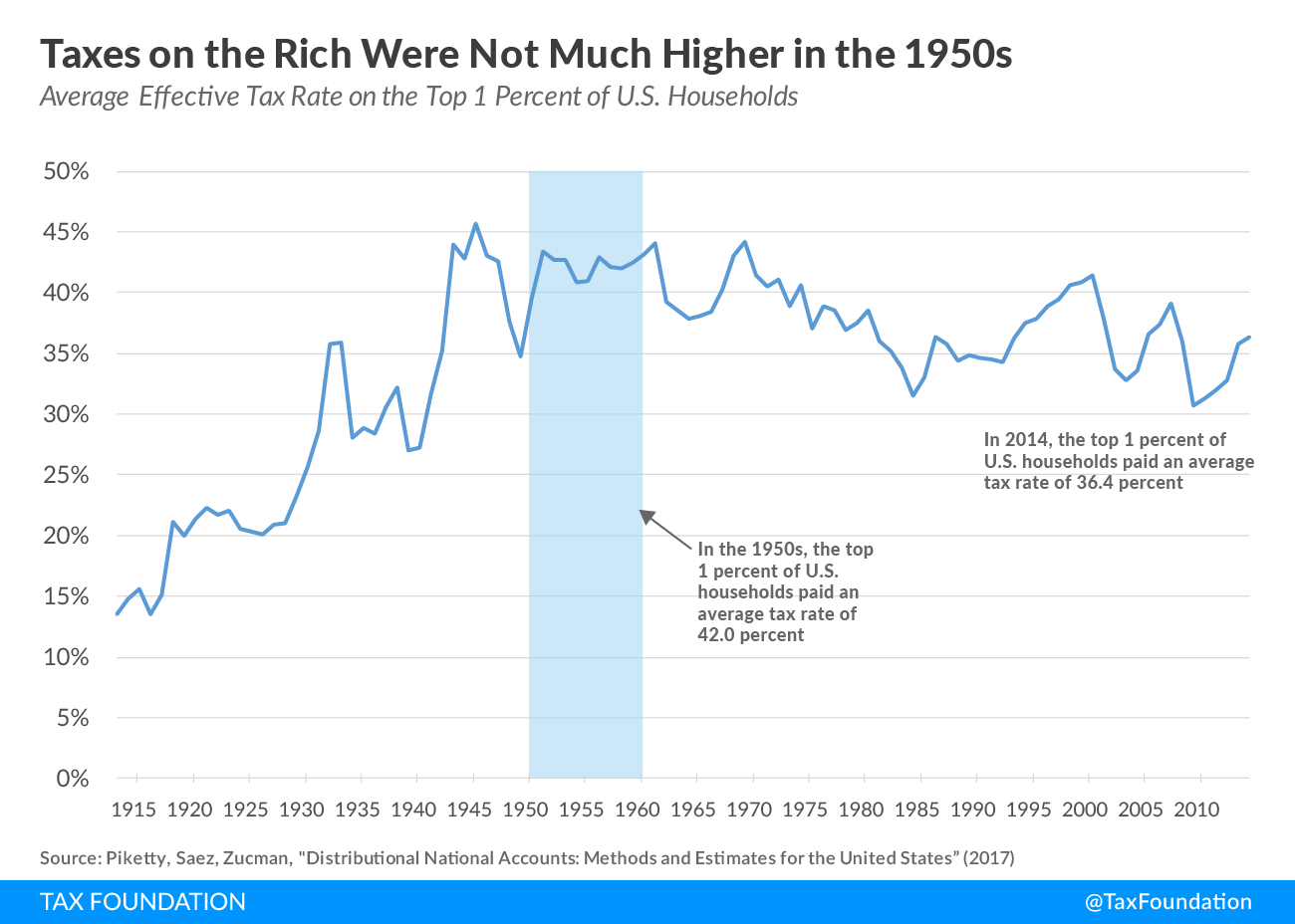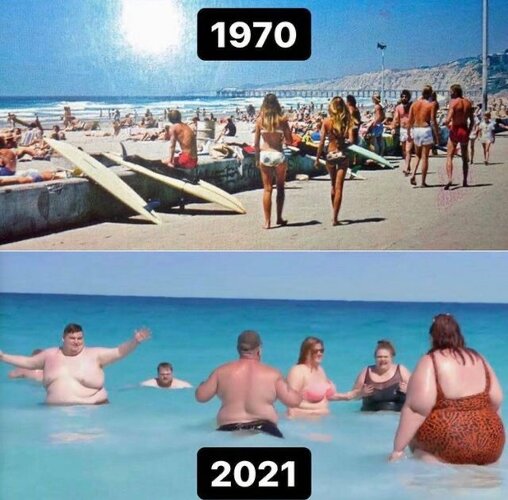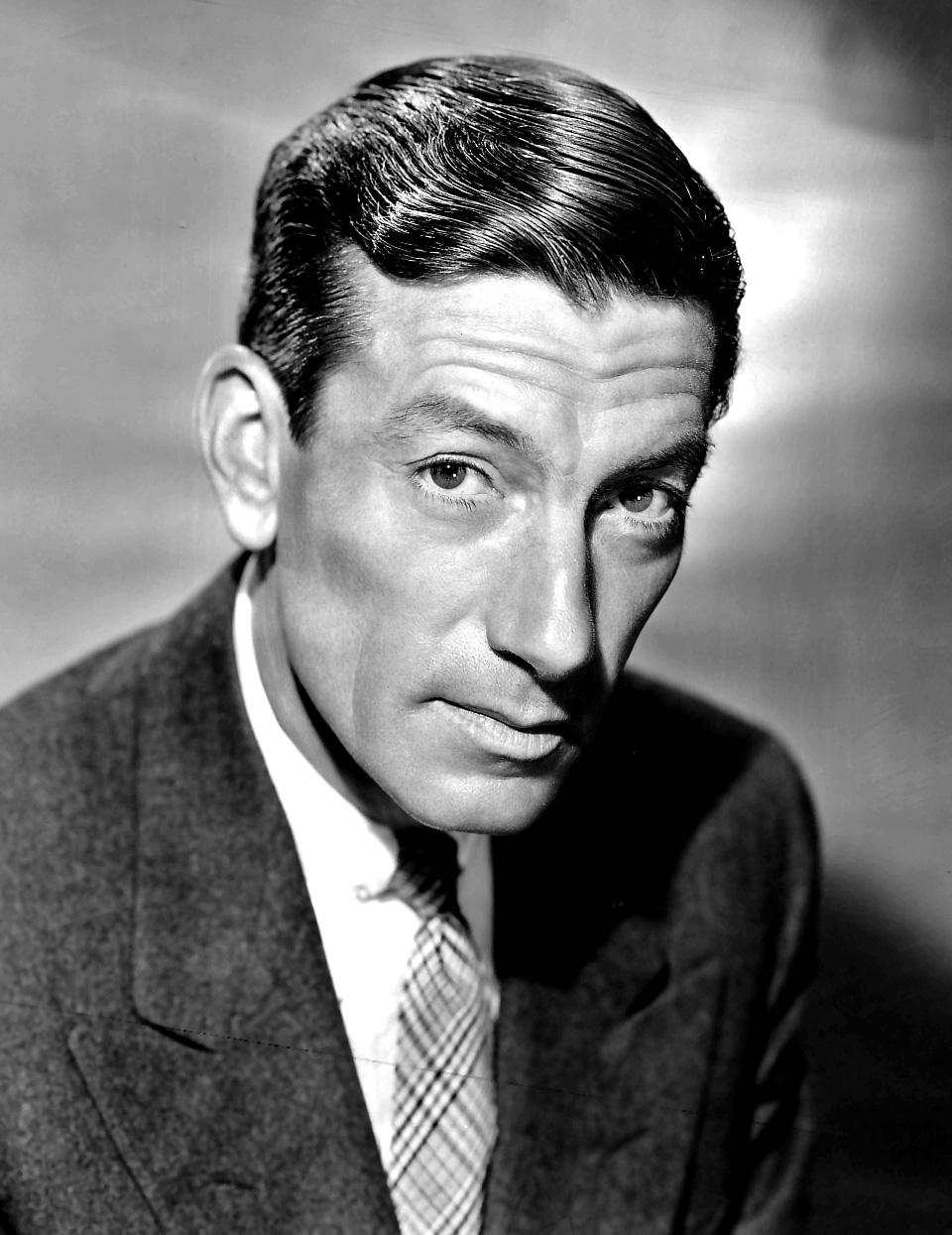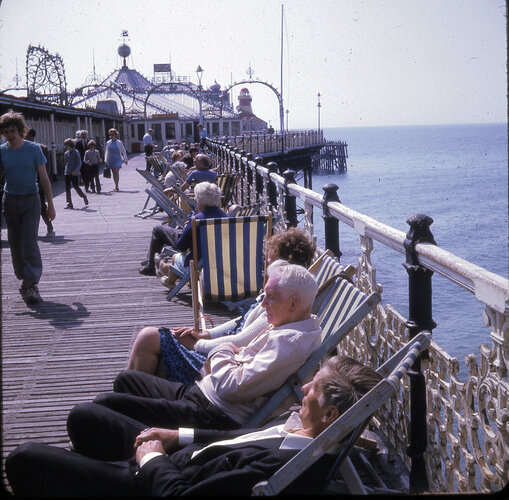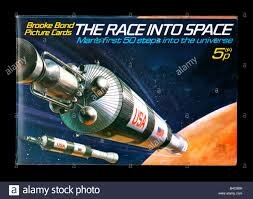- Joined
- 27 September 2006
- Messages
- 6,417
- Reaction score
- 6,815
As the movie industry wheels out yet another Bond film I prefer to return to the world of the original, in the pages of Ian Fleming's novels.
For those who do not know what Britain was like for most ordinary families in the 50s and 60s, the glamour of the world described by Fleming in his books may not seem so special.
Flying to the USA or Jamaica on a BOAC Boeing Stratocruiser was as far from our real lives as joining Elon Musk for an orbital jaunt.
The Villiers Vindicator atom bomber or Drax's Moonraker atom bomb rocket on the other hand were straight out of the cutaway drawings in the weekly Eagle comic.
The film's after You only Live Twice have never been able to recreate this lost world.
By the time Sean Connery wearily flies in a Lufthansa 707 to deliver a corpse to Las Vegas or Roger Moore is driven into New York from Kennedy airport viewers know these worlds from various US TV shows and even the odd package holiday in a Monarch Britannia.
The glamour went out of Bond in the 60s and it has never come back. Brosnan could just as easily have been playing Remington Steele, his tuxedoed TV role.
Daniel Craig moves more like a drug dealer in a tight fitting jacket in another gritty TV box set.
Does it matter? Not really. Entertainment is in the eye of the viewer. Enough people like these films to pay good money to see them. End of story.
But for those of us lucky enough to know the kick of the originals it is the same as seeing an old photo of TSR2 or a poster of Concorde in BOAC colours. No amount of remakes can spoil the original.
For those who do not know what Britain was like for most ordinary families in the 50s and 60s, the glamour of the world described by Fleming in his books may not seem so special.
Flying to the USA or Jamaica on a BOAC Boeing Stratocruiser was as far from our real lives as joining Elon Musk for an orbital jaunt.
The Villiers Vindicator atom bomber or Drax's Moonraker atom bomb rocket on the other hand were straight out of the cutaway drawings in the weekly Eagle comic.
The film's after You only Live Twice have never been able to recreate this lost world.
By the time Sean Connery wearily flies in a Lufthansa 707 to deliver a corpse to Las Vegas or Roger Moore is driven into New York from Kennedy airport viewers know these worlds from various US TV shows and even the odd package holiday in a Monarch Britannia.
The glamour went out of Bond in the 60s and it has never come back. Brosnan could just as easily have been playing Remington Steele, his tuxedoed TV role.
Daniel Craig moves more like a drug dealer in a tight fitting jacket in another gritty TV box set.
Does it matter? Not really. Entertainment is in the eye of the viewer. Enough people like these films to pay good money to see them. End of story.
But for those of us lucky enough to know the kick of the originals it is the same as seeing an old photo of TSR2 or a poster of Concorde in BOAC colours. No amount of remakes can spoil the original.

